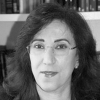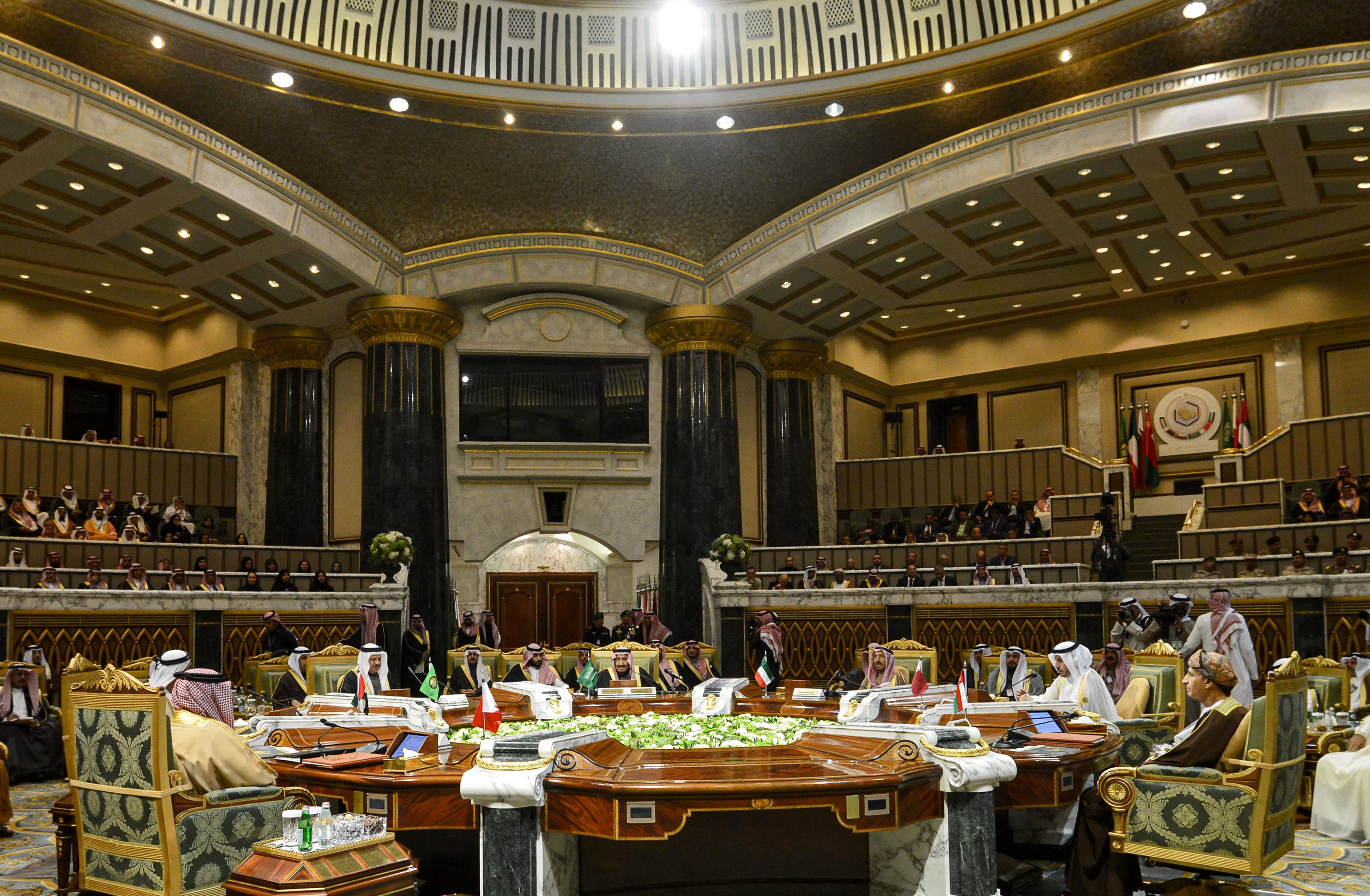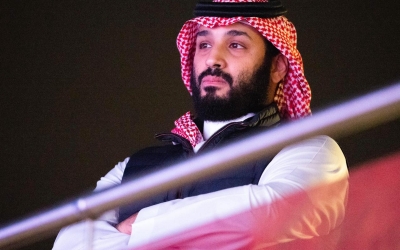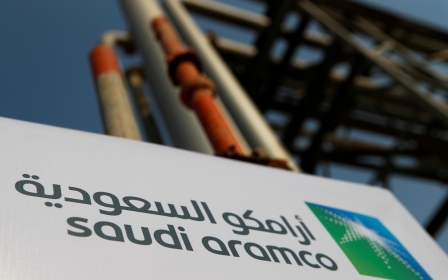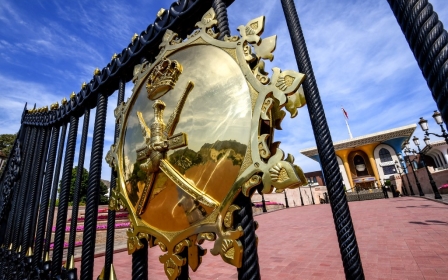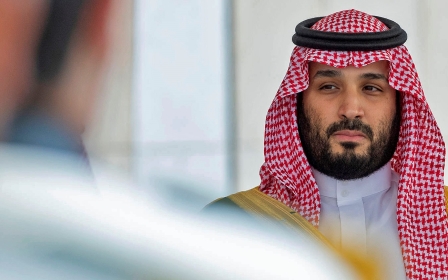This GCC show of unity can't hide its weakness
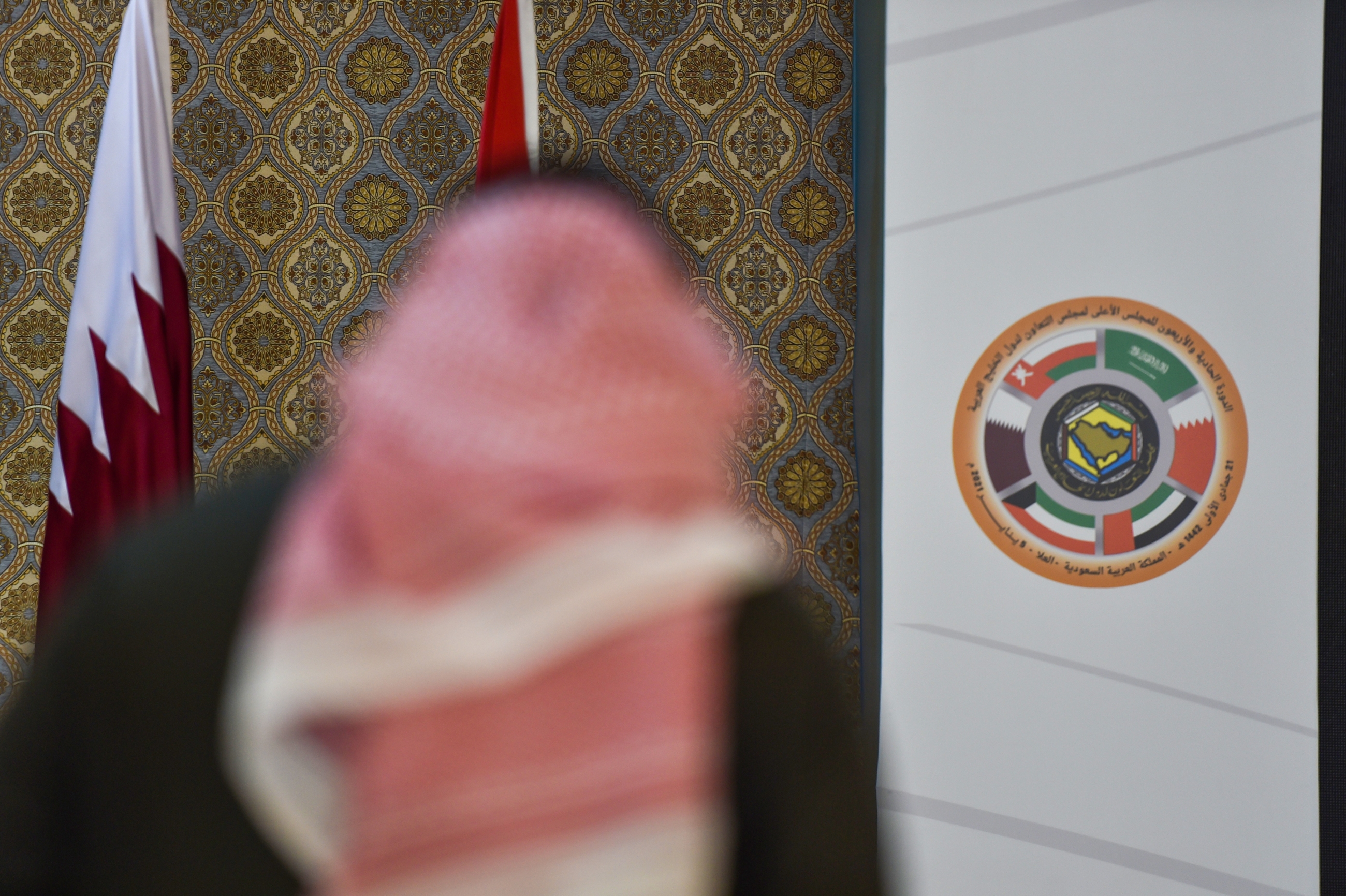
This week, the six GCC countries - Saudi Arabia, Kuwait, Bahrain, Qatar, the UAE and Oman - gather for their annual general meeting and will try to fix their internal disputes, especially with Qatar. On Monday, Saudi Arabia agreed to lift its land and air blockade on Qatar in a major step towards ending a Gulf rift that started in June 2017.
Diplomats and analysts say that Saudi Arabia was pushing for a deal hoping it would show US President-elect Joe Biden - who will be taking office later this month - that Riyadh is open to dialogue.
But the pomp and opulence of the meeting will not revive the states' diminishing strategic significance, especially in the eyes of their Western allies and partners.
The GCC states' strategic location, Islam and oil were three crucial pillars, allowing them to project power beyond their real capabilities, not only in the Arab region but also around the Muslim world
Since the 1980s, the GCC states were able to play a pivotal role in protecting Western interests in the Arabian Peninsula by deploying several assets. Their strategic location, Islam and oil were three crucial pillars, allowing them to project power beyond their real capabilities not only in the Arab region but also around the Muslim world.
Their strategic location was especially relevant to the US, the post-Cold War superpower that needed strategic Gulf bases to control and reach distant territories in the East.
New MEE newsletter: Jerusalem Dispatch
Sign up to get the latest insights and analysis on Israel-Palestine, alongside Turkey Unpacked and other MEE newsletters
Saudi Arabia and other GCC countries were turned into launching pads to carry out operations that served US interests. Even their religious tradition, mainly the Wahhabi strand of Saudi Arabia, was turned into a strategic asset deployed in the service of Western interests globally. Saudi Arabia weaponised Islam during the Cold War and launched futile projects that precipitated serious terrorism crises all over the world.
Despite the dangerous outcomes of this policy, the West benefitted from the weaponisation of the Islamic faith to deal with rising challenges such as the Soviet occupation of Afghanistan, the anti-imperialist movements that sprung across the Muslim world, and the anti-Western sentiments that dominated relations between the Muslim world and its previous colonisers.
The GCC countries played an important role financially, logistically, and ideologically in that saga that poisoned relations further between the West and the East. However, today, the West does not need GCC religion to fight its battles and consequently, the GCC will also lose this controversial strategic value.
Moreover, as the US - under the new Biden administration - is bound to scale down its engagement in the Middle East and beyond, GCC assets look less useful or necessary.
Weaponising oil
This also applies to oil, the only economic asset that GCC countries were able to deploy as a weapon. This was done once in 1973 but became a less effective strategy to fulfil national interests and objectives as time passed.
With at least two GCC countries, Bahrain and Oman, reaching the bottom of their oil reserves, and other countries struggling to meet budget deficits with declining oil revenues and rising domestic consumption, there will definitely be less oil to export in a changing energy market that is gradually but steadily moving away from Gulf black gold.
The industrial world is determined to move away from oil-based energy, consequently, the GCC countries will lose this crucial edge that had made them so important to the world since the Second World War.
Oil had allowed them to launch development and modernisation programmes that many Western countries benefited from as consultants, contractors, and builders of cities. They also launched an armament race, buying colossal quantities of military equipment, jet fighters,and technology, supplemented by training programmes, all provided by Western arms manufacturers and military consultants.
Yet today, less oil revenues mean less purchasing capabilities when it comes to building arsenals that almost always fail to provide the necessary security for each and all of the GCC countries.
Containing Iran
When post-1979 Iran adopted an anti-western position and threatened the strategic western interests in the region, GCC countries positioned themselves as strategic partners to contain Iran and limit its expansion in the Arab world.
But the GCC countries themselves needed protection and could not really play a central role in any confrontation with Iran. They tried to do so when they backed late Iraqi President Saddam Hussein in an eight-year war against Iran but utterly failed to defeat it.
It seems that if GCC countries want to continue to be relevant to the West, they have to show that they are crucial for Israeli security
In fact, Iran’s expansion in the Arab world accelerated after the US intervened in Iraq in 2003. The GCC watched the Iranian expansion without being able to either halt or contain it.
The US under Joe Biden will not rely on any GCC country to relaunch its dialogue with Iran, now the latter is weakened by successive US and Israeli assaults on its military and scientific cadres, starting with the assassination of Qassem Soleimani last year. The GCC countries can only watch and applaud as if the military strikes were a result of their own military might or strategic thinking.
No doubt Iran in 2021 is a weakened state, thus making it less aggressive when invited by the Biden administration to the negotiation table over its nuclear programme. But the GCC states will neither be full partners nor facilitators in such negotiations.
Another GCC asset is being eroded.
Diminishing assets
So far it seems that several GCC states - mainly UAE, Bahrain and Oman - have chosen to impress the West with their rush to normalise relations with Israel, without any real peace prospects in the region especially when Palestinian rights remain in jeopardy.
Qatar and Oman are hesitant while Kuwait declared rejection of any normalisation that does not take into account full Palestinian rights. Saudi Arabia awaits further nudges but continues to maintain clandestine relations with Israel.
It seems that if GCC countries want to continue to be relevant to the West, they have to show that they are crucial for Israeli security. Such a position impresses Western audiences, especially in the US.
So Gulf leaders will meet in Saudi Arabia and they will try to reconcile with their troublesome neighbour Qatar as they seek to draw the attention of the new US Biden administration to their rediscovered unity.
But the fact remains that all GCC states are witnessing a depletion of assets, both financial and strategic, in their struggle to make themselves the arbiters of Arab affairs and the interlocutors that the West can rely on to pursue its own strategic interests.
The views expressed in this article belong to the author and do not necessarily reflect the editorial policy of Middle East Eye.
Middle East Eye delivers independent and unrivalled coverage and analysis of the Middle East, North Africa and beyond. To learn more about republishing this content and the associated fees, please fill out this form. More about MEE can be found here.


